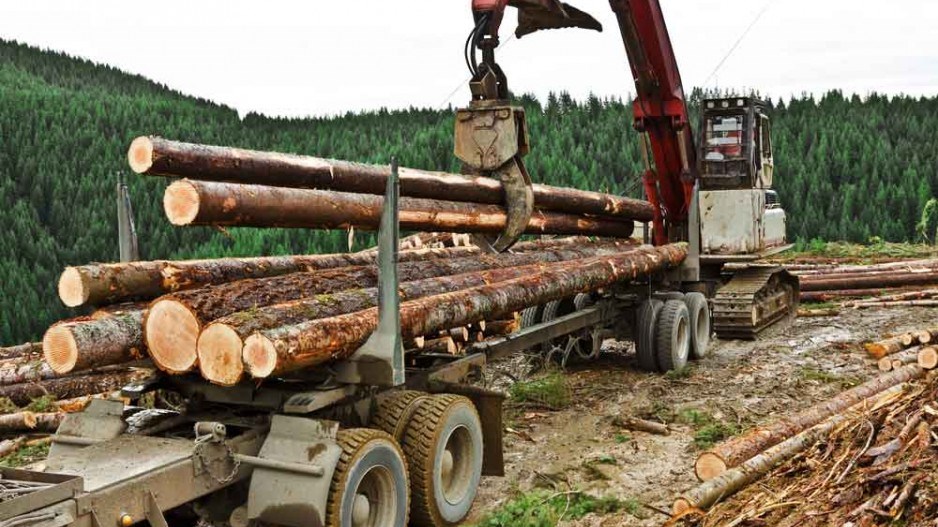NEW DENVER — A B.C. Supreme Court judge has rejected a logging company’s request for a court order allowing them to probe into the social media of members of a Kootenay environmental group.
Madam Justice Lindsay Lyster released her decision in favour of Last Stand West Kootenay last week, saying granting the request by Cooper Creek Cedar would “not be in the interests of justice” and would suppress legitimate, peaceful protest.
The company had sought a so-called Norwich order requiring a third-party, such as a social media company, to provide information.
She said that granting such an order for information about Last Stand would “would have a chilling effect” on the group and others “engaging in expressive and associational activities in support of their political and social aims,” Lyster wrote in her March 27 judgment.
Cooper Creek Cedar had applied for the order in September, saying the online activities of Last Stand West Kootenay supporters had done it financial harm. It has faced protests by Last Stand West Kootenay for its activities in an area called the Argenta Face, at the north end of Kootenay Lake.
The company said the social media activities of the protesters — including encouraging people to go to a protest camp near the logging site in contravention of a court injunction and asking for donations to support the cause — constituted real harm to the company.
The company said it needed the names and contact information of six protest supporters, including their log-in information, when they registered their accounts, and the dates and times of their last 300 log-ins.
But Lyster said Norwich orders are usually granted in cases of serious fraud or online defamation — when there are issues with anonymous wrongdoers and concerns money could be unrecoverable without the information.
She said Cooper Creek Cedar hadn’t proved they needed the order.
“I find that the third parties are not the only practical source of information,” she wrote in her decision, noting Cooper Creek has contact information for Last Stand West Kootenay, but gave the court no indication it had asked directly for the information or tried the normal discovery process used in lawsuits.
Instead, she said “Cooper Creek has resorted to the rare and unusual remedy of a Norwich order.”
Lyster doesn’t reject outright Cooper Creek Cedar’s claim that some of the protesters may have caused the company harm or that there may have been a breach of an earlier injunction.
But she called many of the claims unclear, and was “skeptical” the social media posts of the named defendants constituted wrongdoing.
“It is incumbent on a party seeking a Norwich order to obtain information of the kind sought by Cooper Creek to exhaust other available means of obtaining the information sought before asking the court to make a Norwich order,” the judge wrote.
Lyster said the majority of Last Stand West Kootenay’s posts were exhorting people to support their protest and engage in peaceful, legal actions to protect the forest and Indigenous rights.
“Most of [Last Stand’s] posts are not evidence of any sort of unlawful activity. It is lawful to engage in peaceful protest, to write letters to politicians about matters of social concern, to sign petitions, to hold potlucks and dances and other events to raise awareness, and to raise money to pay for legal fees, food and tents,” she ruled. “Those activities are the lifeblood of democratic engagement, not the stuff of tortious interference, or breach of the injunction.”
The lawyer defending Last Stand West Kootenay over the Argenta Face protests hailed the decision.
“This is the first time a corporation has tried to get a Norwich order to find the identity of operators of civil society groups,” said Last Stand lawyer Noah Ross. “Madam Justice Lyster’s decision indicates that groups … can continue to operate anonymously without consequences unless they promote illegal activity on their social media accounts.”
John Boivin is a Local Journalism Initiative reporter with Valley Voice. The Local Journalism Initiative is funded by the Government of Canada.



